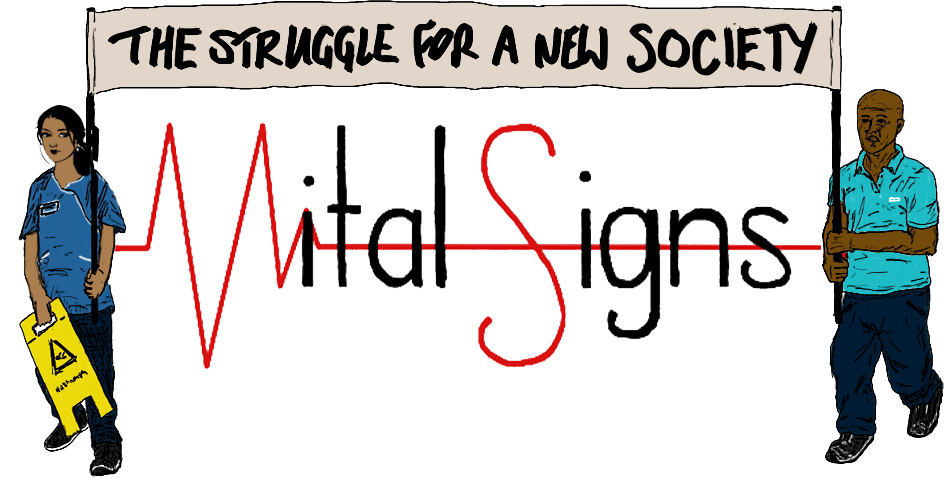When the trusts introduced the bank system there were voices that warned that bank shifts could be used in order to undermine NHS workers’ statutory overtime pay. According to the NHS employer’s handbook every hour worked above 37.5 a week has to be either given as time off in lieu or paid at x1.5 the normal rate. The overtime you work has to be taken into account when calculating your holiday and sick pay – while bank shifts don’t increase your holiday and sick pay. The voices were right, management actually uses the bank system in order to cut our overtime wages! We are talking proper money here, for example, at NBT there are about 20,000 bank shifts per month.
The funny thing is that when you work bank shifts as a substantial or permanent worker, you don’t even have to be put on the bank system – as it is usually done – and the bank shift is just added to your normal wage, despite the fact that for ‘proper’ bank shifts you do receive separate pay slips. They’re not even pretending that the bank system is separate from ‘normal’ trust employment anymore.
But the issue of overtime and bank-shifts are about more than just money. Management can choose between using overtime or bank shifts arbitrarily, which can create divisions between different groups of workers. At Southmead, for example, in most departments workers are only offered bank shifts, while in pharmacy people still get paid time-and-a-half. In theatres management decides depending on the staffing situation whether they add a little extra for people to come on Sundays or not. In a lot of cases managers don’t put bank shifts on the system, but phone up individual people and ask them if they want to come in – which creates a ground for dependence and favouritism.
Management tries to save money by reducing bank shifts and at the same time they try to compensate for the lack of bank staff by temporarily shifting permanent workers from their usual departments and wards to other areas. Especially in the BRI nurses are moved around a lot – you used to get extra money for that! At Southmead, theatre nursing staff are sometimes sent to work in the CSSD department, to make up for understaffing there.
In the NHS there are around 150,000 bank only workers, who have been hit hard by this kind of arbitrariness. Trusts recently cut extra payments for ‘allocation on arrival’, but then introduced a new category (Medicine Escalation Areas), where you also don’t know where you will work, but you don’t get paid extra. In some trusts bank workers were included in the back payment of the last pay round, but not in others. Management also abuses the bank system when they offer to work 6 months, 5 days a week, 9 to 5 jobs, e.g. in the sexual health clinic or other areas, while remaining on bank. That means working full-time without sickness cover or holiday entitlement.
Bank work also undermines our collective strength on wards and in departments. If people come and go, there is less mutual trust. How can we plan to stand up for ourselves, if we don’t know if and when the other person will return?
Of course bank shifts can help us to work more flexibly around other needs, such as childcare. But with wages so low you end up working around the clock anyway. Porters do double-shifts, working 16 hour-days. This is the 21st century! Therefore we should not demand ‘more overtime’, but higher wages, so that we are not forced to work 60 hours a week. In London, NHS workers get more money (up to 20% extra), because rents are high – in Bristol rents are not much lower, but there is no extra pay in compensation.
Go, Manchester!
But what can be done? Manchester nurses have shown us a way to stand up for ourselves. In late December 2024 more than 1,000 nurses working across Greater Manchester pledged to boycott the staff bank, after their enhanced rates of pay were cut by two trusts in the region. The enhanced rates had been in place for several years. According to a worker involved, the boycott was effective:
“Previously, bank shifts for critical care would be snapped up within 30 minutes or an hour of them being put out on the bank, whereas now there were up to 10 shifts free in one day, he explained.”
We are thinking about a trust-wide campaign to force management to pay us what is due to us according to their own employers’ hand-book! In the meantime, bother your manager and ask to be paid overtime, not bank rate! If you want to be part of a future campaign, send us an email:
vitalsignsmag@proton.me




